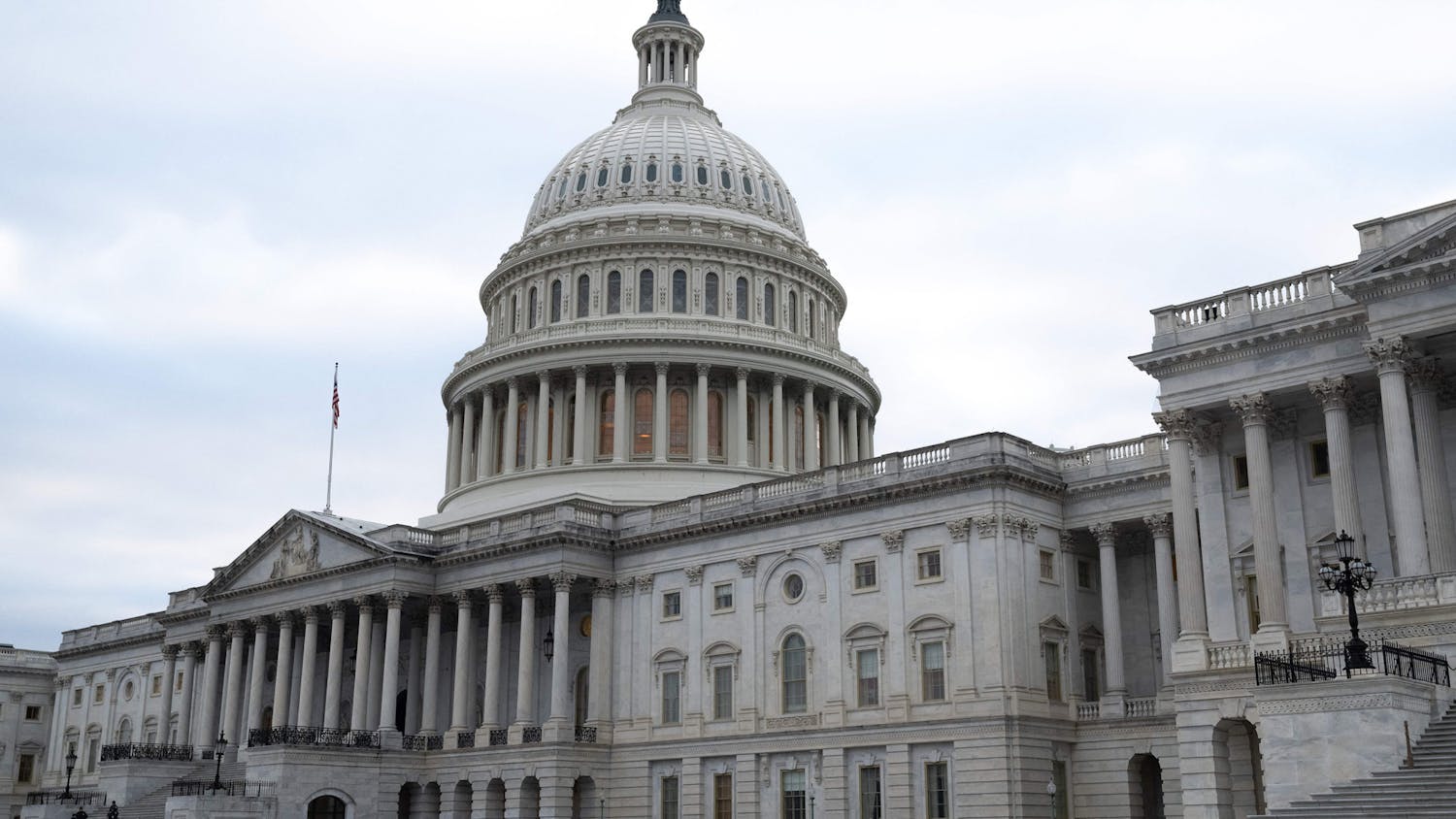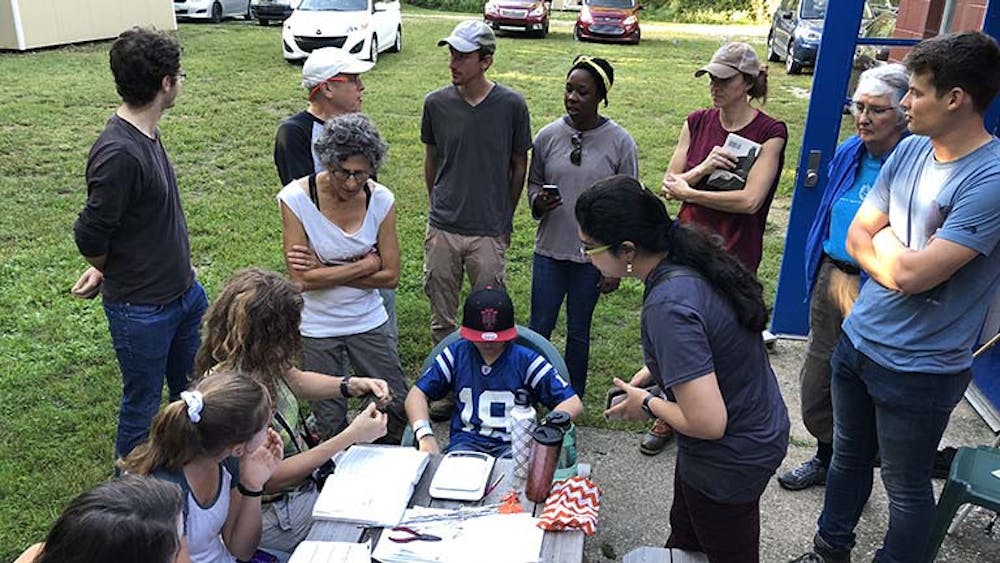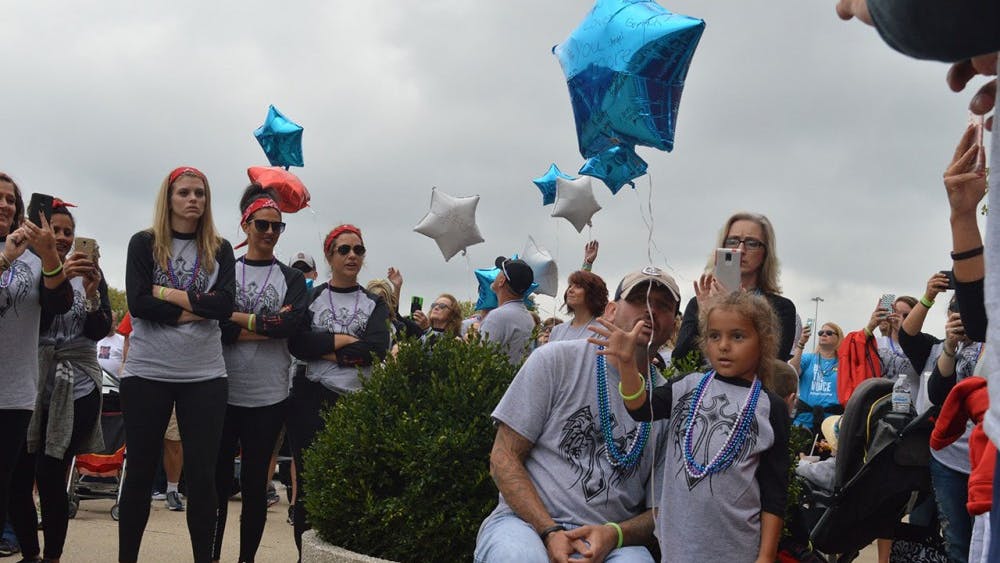IU announced Wednesday it would commit $55 million to finding solutions to environmental problems faced by the state of Indiana.
The research initiative, announced by IU President Michael McRobbie, is titled “Prepared for Environmental Change.”
“We aren’t here to debate partisan differences on climate change or what might happen years from now,” said Ellen Ketterson, professor of biology and leader of the initiative, in an IU press release. “We’re here because we can already see the year-round effects of the changes in our environment.”
IU indicated in the release that research will begin working towards the initiative’s goals “as soon as this summer.” Researchers will develop projections of future environmental change in Indiana to provide to state agencies and businesses to make informed decisions on environmental issues.
“Our state is not immune to changing environmental conditions, and these may cause major changes for some of the state’s most valuable assets and industries,” said McRobbie in the release. “The size and scope of these changes demand extensive collaboration between key public and private-sector stakeholders.”
The initiative will also see the creation of the Environmental Resilience Institute, through which IU announced it will collaborate with Cummins Inc., Citizens Energy Group and the Nature Conservancy, among others which were not named.
IU also announced two pilot programs as part of the initiative. The first will involve partnerships with the Indianapolis Office of Sustainability, Keep Indianapolis Beautiful and Citizens Energy Group to develop a plan for water re-use in Pleasant Run Creek in Indianapolis.
The second will look at predicting returns on crops and timber using environmental factors in partnership with the Lower Wabash Landscape Conservation Team.
The Prepared for Environmental Change initiative is the second in IU’s Grand Challenges program, a $300 million program which aims to fund research into “major, focused and large-scale problems facing humanity,” according to IU’s website.
The first initiative, Precision Health, saw a commitment of $120 million with the goals of curing at least one cancer and one childhood disease, and finding preventative solutions to one chronic illness and one neurodegenerative disease. The medical initiative aims to accomplish these goals by 2020.
Michael Williams





